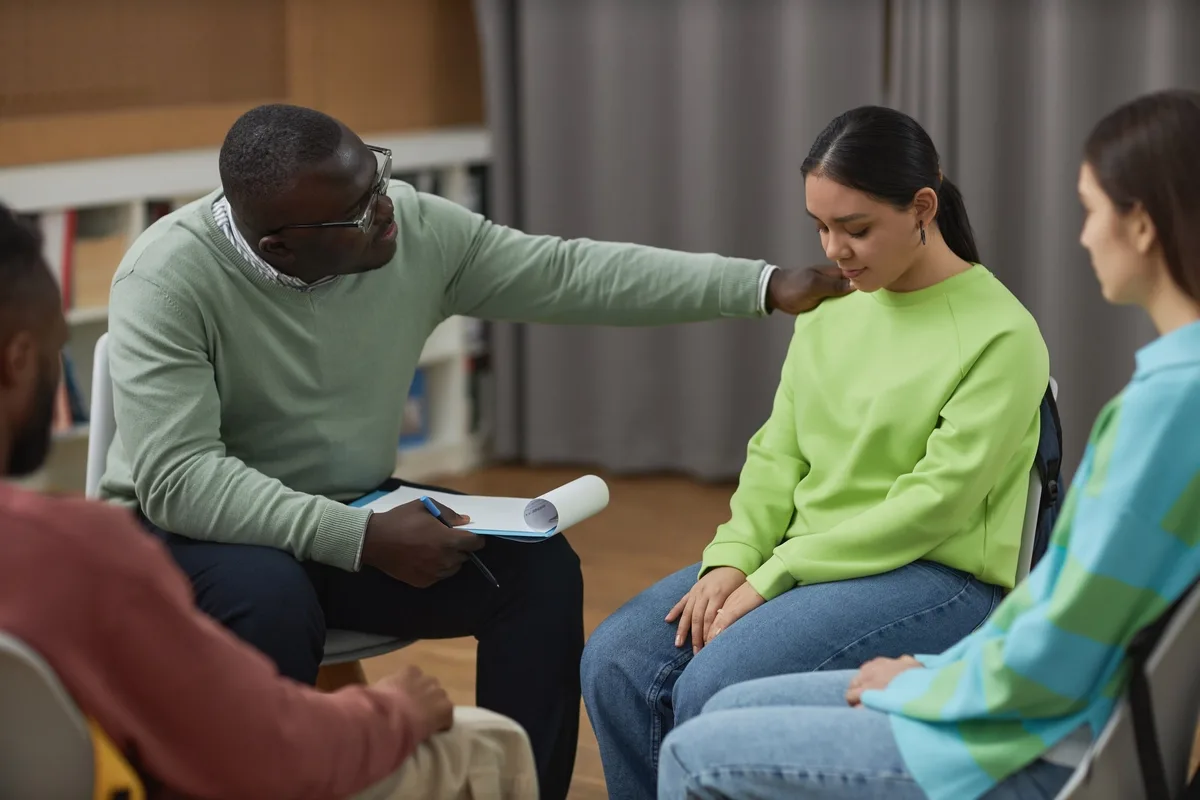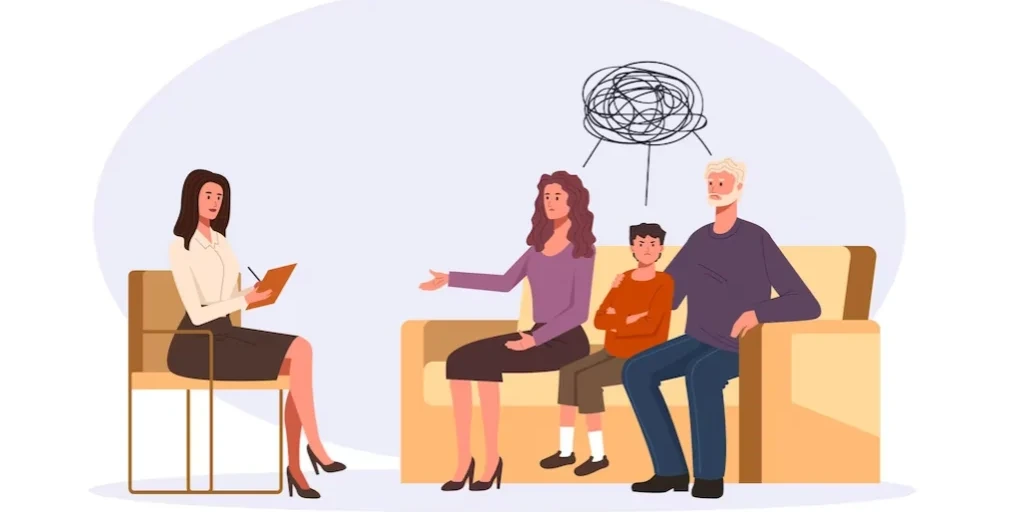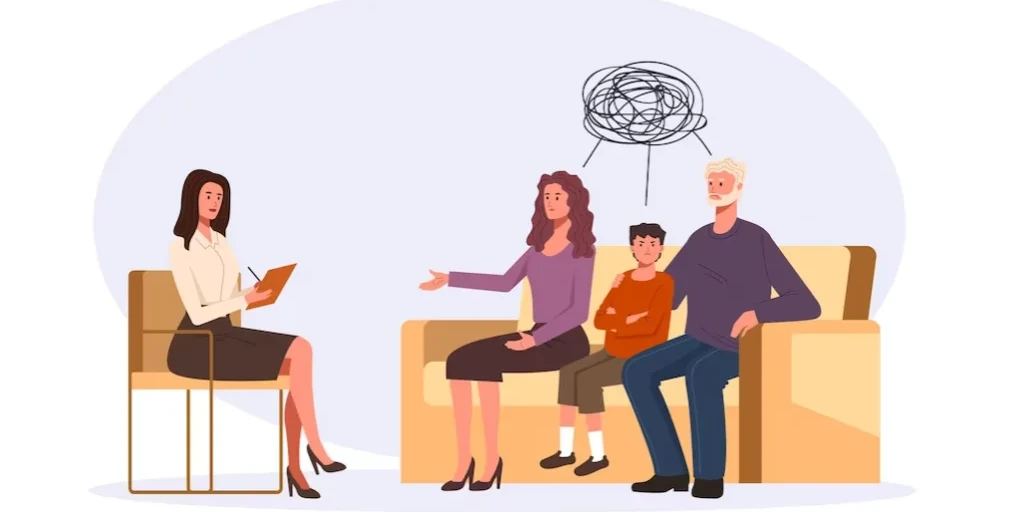24/7 Helpline:
(866) 899-221924/7 Helpline:
(866) 899-2219
Learn more about Medication-assisted Treatment centers in Jones County

Other Insurance Options

Evernorth

Cigna

Anthem

Coventry Health Care

Magellan Health

Covered California

American Behavioral
Beacon

BHS | Behavioral Health Systems

Optum

Holman Group

Medical Mutual of Ohio

Group Health Incorporated

MVP Healthcare

Absolute Total Care

Horizon Healthcare Service

Choice Care Network

Aetna

EmblemHealth

United Health Care

ASAC – Area Substance Abuse Council
ASAC–Area Substance Abuse Council, located in Anamosa, Iowa, provides comprehensive mental and behav...

Fairview Counseling at Wyoming
Fairview Counseling at Wyoming is a private rehab located in Wyoming, MN. Fairview Counseling at Wyo...







































Hope Network Grand Rapids Center and Administration
Hope Network Grand Rapids Center and Administration is a private rehab located in Wyoming, Michigan....

CONCERN – Wyoming
CONCERN Professional Services - 1120-C Hobart Avenue is a non-profit rehab located in Wyoming, PA. C...

Developing Apex
Developing Apex is a private rehab located in Wyoming, Pennsylvania. Developing Apex specializes in ...

The Providence Center – Women’s Road to Recovery
The Providence Center - Women's Road to Recovery is located in Wyoming, RI. The Providence Center - ...





































































